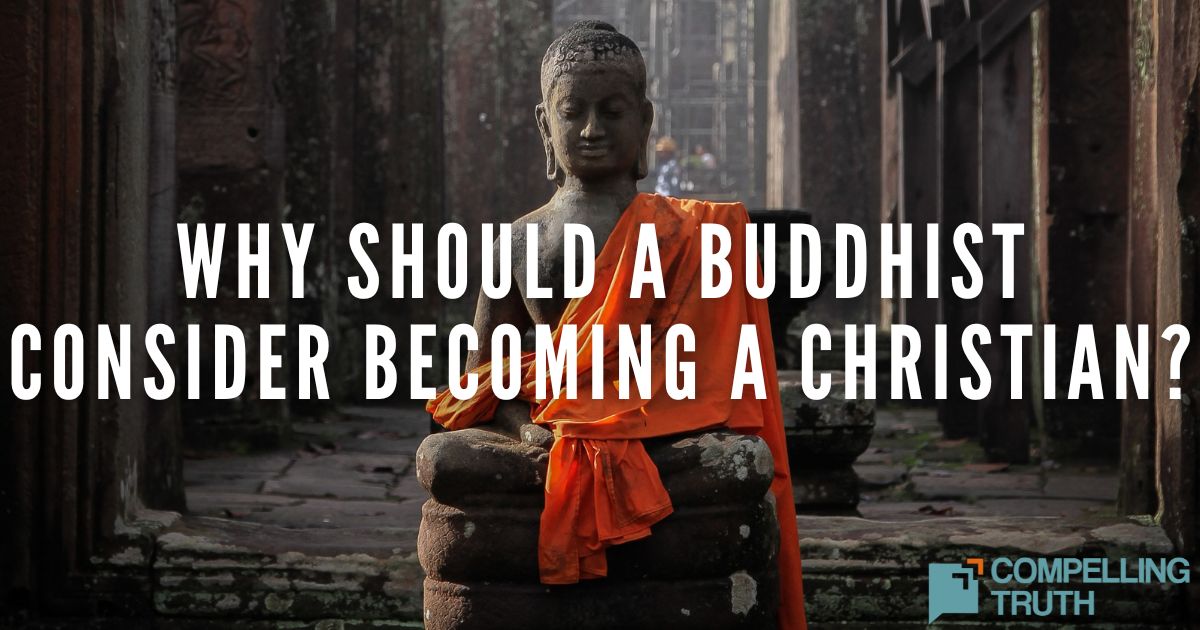Nirvana in Buddhism is the ultimate goal of escaping suffering by extinguishing all desires and dissolving personal identity. It is achieved through eliminating passion, hatred, and ignorance, with the aim of ending the cycle of reincarnation. The Bible, however, teaches that not all desire is bad—God grants good desires when we delight in Him (Psalm 37:4). While Buddhism seeks to quench all desire, Christianity calls believers to put sinful desires to death and allow God to shape their hearts (Romans 6:12–14; Colossians 3:5). Unlike Nirvana, which ends personal identity, the Bible promises eternal life in heaven where desires are fulfilled in God’s presence (Psalm 16:11). Buddhism relies on self-effort to reach Nirvana, but Christianity declares that salvation cannot be earned and comes only through Jesus Christ (Ephesians 2:8-9; John 14:6). True freedom and peace are not found in emptying ourselves but in being filled with God’s Spirit and enjoying eternal life with Him.
The ultimate goal of Buddhism is to reach the state of Nirvana, oneness with the universe and escape from all suffering in the world. According to Buddhism, such a person will no longer experience the cycle of reincarnation. While the person still "exists" in a complex spiritual sense, the personal self ceases to exist. Nirvana is achieved by eliminating all desire.
Although Buddhism and Christianity both agree that we are to eliminate evil desire, Christians do not believe in Nirvana, do not have the same understanding of what constitutes evil desire, do not believe that all desire is sinful, and believe that finding peace and being right with God cannot be achieved out of self-effort.
Buddhism does not identify wrong desire as sin or violation against a divine moral code. Instead, it aims for the elimination of all desire (which, coincidentally, is self-defeating as one must have the desire to eliminate desire). Having a goal of ridding oneself of all desire is not biblical. God even tells us He will grant the desires of our hearts when we delight in Him (Psalm 37:4). And, in opposition to Nirvana, heaven is a place of pleasure, contentment, and where desires are fulfilled (Psalm 16). The Bible teaches that heaven's citizens will have a new body, but not lose identity, unlike Nirvana in which one loses their personal identity.
Heaven is not obtainable on our own; there is no way to get ourselves into a position to get there (Romans 3:20). Even if we say that only sinful desire must be eliminated, it is not something we can accomplish on our own (Jeremiah 17:9; Romans 7:21—8:2). Rather, salvation comes only through putting our faith in Jesus Christ, who, by His grace, has provided a means of forgiveness and new life (John 3:16–18; 14:6; Ephesians 2:8–10). Buddhism teaches that Nirvana is attainable by one's own efforts. It is not a place, but a state of being, unlike heaven which is an actual place where Christians will live with God for eternity (Psalm 16:11).




